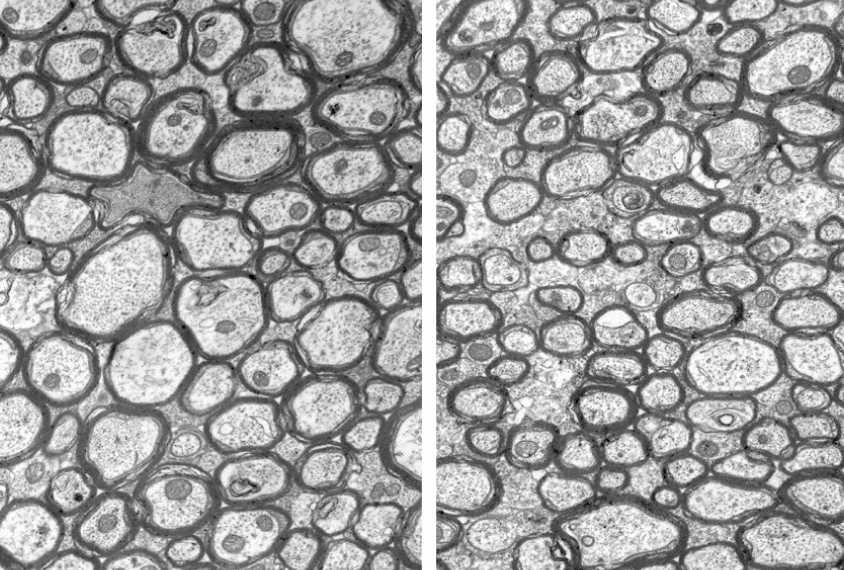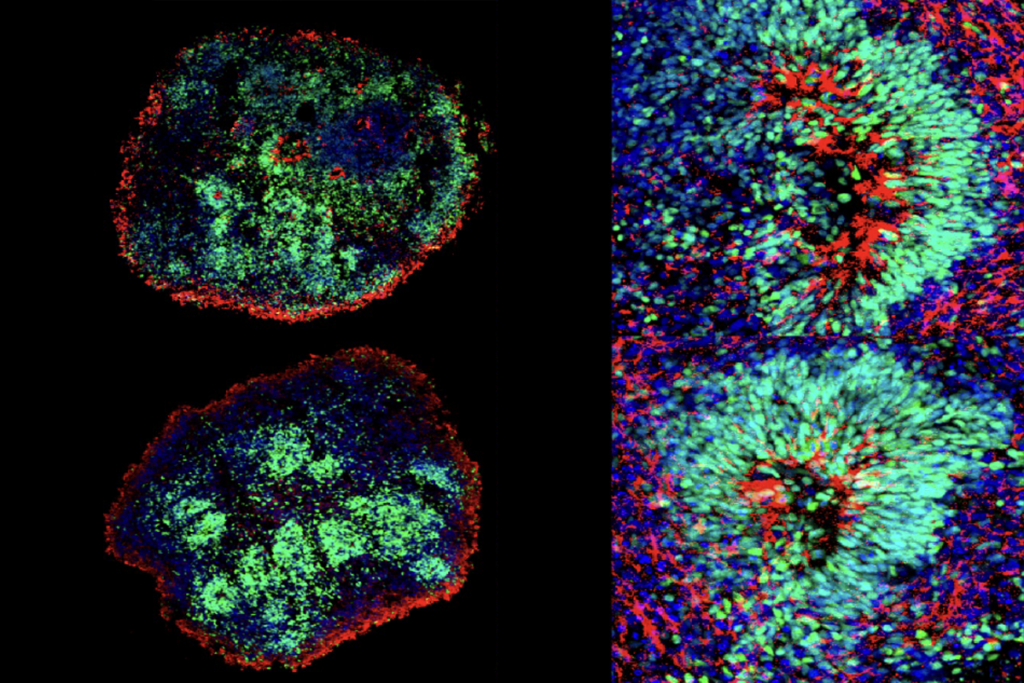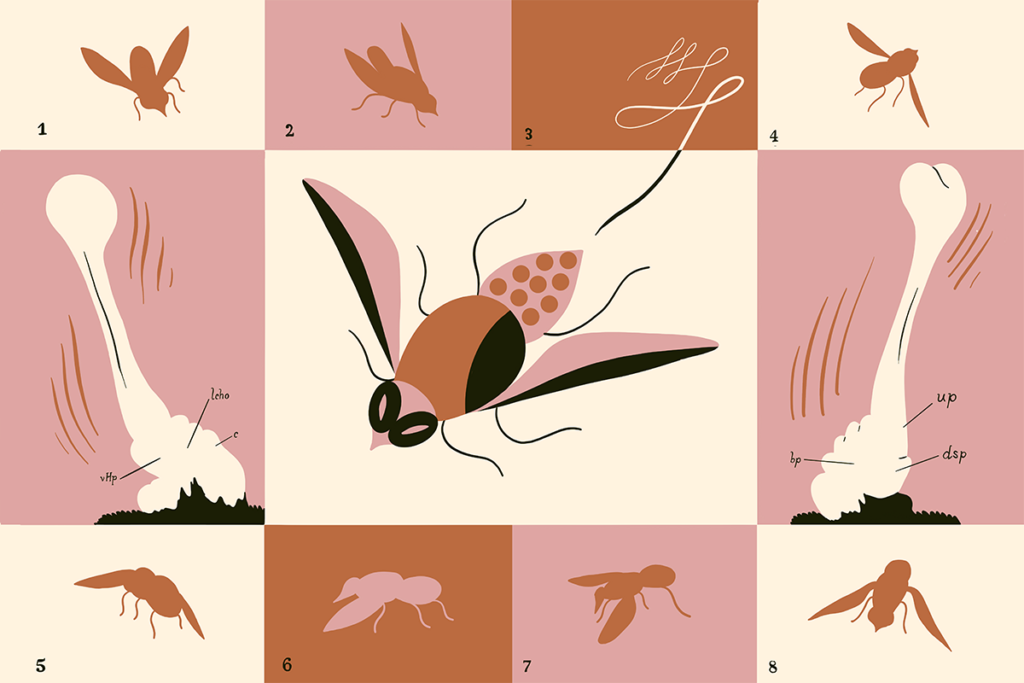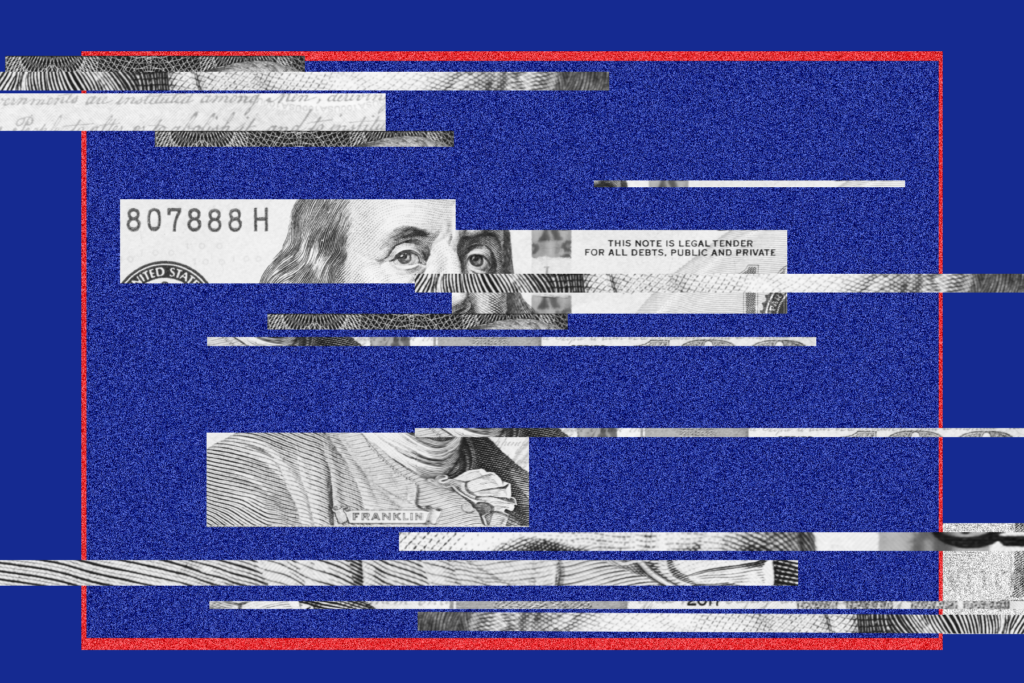Dup15q 2016
Recent articles
Registry for autism-linked syndrome spurs new research
Nine U.S. clinics are pooling their data to create a registry of people who have an extra copy of a region on chromosome 15 called 15q11-13, a genetic abnormality often found in people with autism.

Registry for autism-linked syndrome spurs new research
Nine U.S. clinics are pooling their data to create a registry of people who have an extra copy of a region on chromosome 15 called 15q11-13, a genetic abnormality often found in people with autism.
Motor troubles in Angelman may stem from nerve fiber anomaly
Unusually thin nerve fibers in the brain may underlie the motor difficulties seen in children with Angelman syndrome, an autism-related condition.

Motor troubles in Angelman may stem from nerve fiber anomaly
Unusually thin nerve fibers in the brain may underlie the motor difficulties seen in children with Angelman syndrome, an autism-related condition.
Explore more from The Transmitter
Altered visual processing in a mouse model of fragile X syndrome; and more
Here is a roundup of autism-related news and research spotted around the web for the week of 16 June.

Altered visual processing in a mouse model of fragile X syndrome; and more
Here is a roundup of autism-related news and research spotted around the web for the week of 16 June.
This paper changed my life: Bradley Dickerson on how a 1940s fly neuroanatomy paper influences his research to this day
This classic paper by zoologist John Pringle describes the haltere—a small structure in flies that plays a crucial role in flight control. It taught me to think about circuits and behavior as greater than the sum of their parts.

This paper changed my life: Bradley Dickerson on how a 1940s fly neuroanatomy paper influences his research to this day
This classic paper by zoologist John Pringle describes the haltere—a small structure in flies that plays a crucial role in flight control. It taught me to think about circuits and behavior as greater than the sum of their parts.
NIH cuts quash $323 million for neuroscience research and training
“I am frightened for the state of the future of our field if this isn't reversed rapidly,” says Joshua Gordon, professor of psychiatry at Columbia University and former director of the National Institute of Mental Health.

NIH cuts quash $323 million for neuroscience research and training
“I am frightened for the state of the future of our field if this isn't reversed rapidly,” says Joshua Gordon, professor of psychiatry at Columbia University and former director of the National Institute of Mental Health.